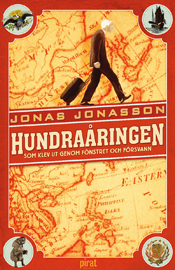This review first appeared in Goodreads, https://www.goodreads.com/review/show/2491467631
My first clear memories are of the ceremony that marked the formal start of my schooling: the Four Treasures of Study, the brand-new brush, ink, paper, and inkstone. Uncle Huang, whose calligraphy was beautiful, grasped my hand and together we traced the first lesson.
In 1940, Rao set off to join the First Command Whampoa Academy. I admired Napoleon and chose the artillery but upon graduation (1943) chose the 100th Army stationed in Yongfeng county in Jiangxi. I was determined to go home first and pay my respects at my mother's grave. Then I would go and kill the enemy and die without regret.
He married Mao Meitang in 1948 and writes of walks by a lake or snacking on Nanchang's "ovenside sesame cakes," chatting and sipping tea. Once they quarreled and stopped talking for a few hours. It was the only instance in their marriage that Rao could recall.
After the Revolution of 1949, Rao tried his hand at business. The family settled in Shanghai where he
worked as an accountant at the hospital and as Art and Literature editor at Dade Publications.
1957 brought a drastic change in the political climate and Rao spent 1958-80 in "Re-education through Labor." Meitang survived with their five children on work in factories. Rao worked at a factory during reeducation and was allowed to go home for Chinese New Year. When released he had to sign an agreement not to return to the factory or make any future demand on them. He registered at the Shanghai neighborhood and got his old jobs back.
"When winter is at its coldest, spring cannot be far behind." He hoped that "the two of us should find a quiet spot in the countryside, have a small allotment, and live the simple life.
This world no longer exists. We are grateful for Rao's story.




















